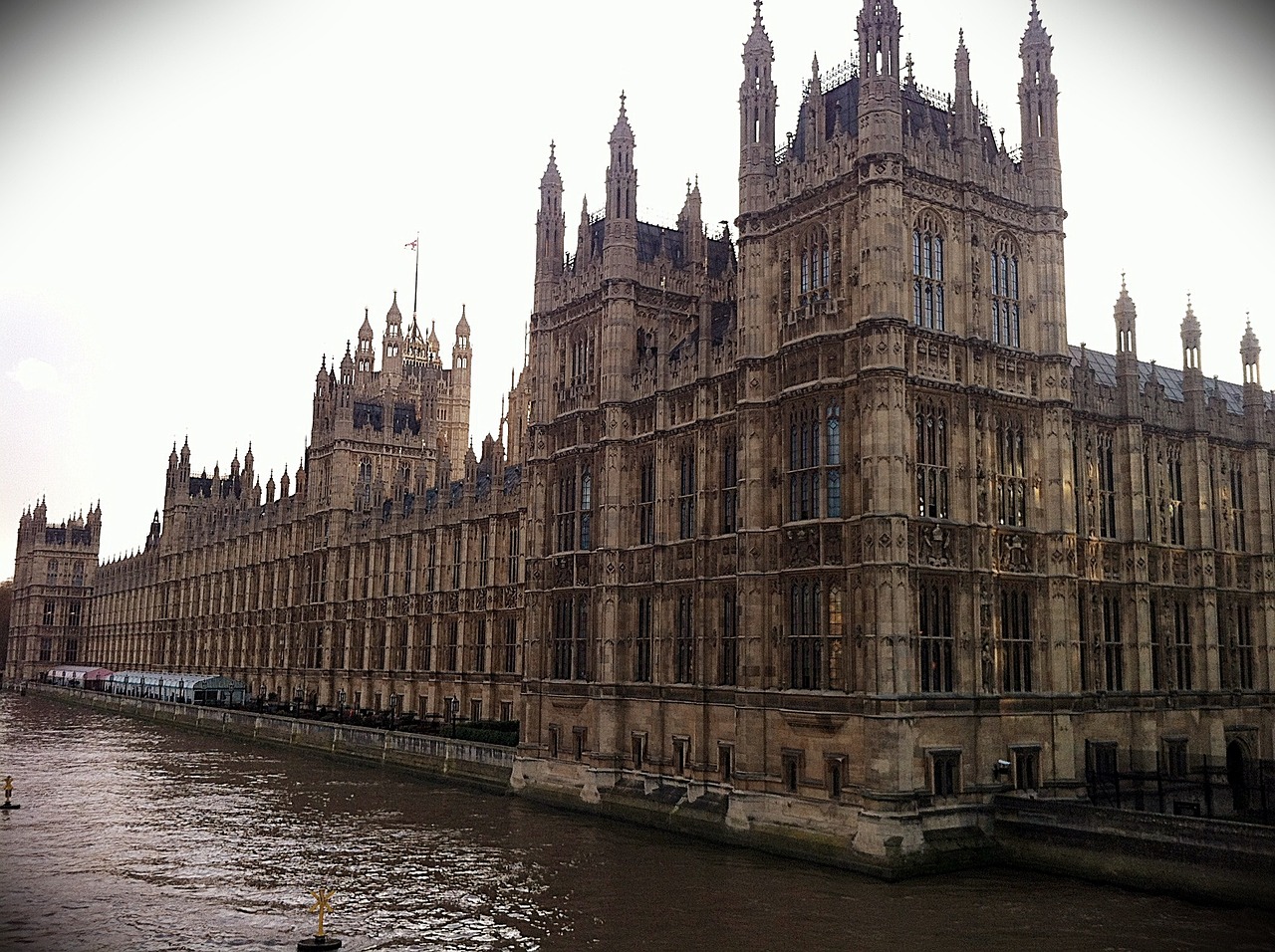
The Chancellor of the Exchequer, Jeremy Hunt, has confirmed that the Autumn Statement will be on 22 November 2023. The Autumn Statement can affect tax policy, benefits, and much more. The Chancellor will make his announcement to Parliament, setting out the Government’s plans on all matters fiscal and economic. Interestingly, this could be the Chancellor’s last statement before the next General Election, depending on the time frame that the government chooses.
Included in the announcement was the news that ‘The Office for Budget Responsibility (OBR) have been commissioned to prepare an economic and fiscal forecast to be presented to Parliament alongside his Autumn Statement.’
Rumours have already started about what the Chancellor will – and won't – announce, so what are some of the likely changes?
Mr Hunt is already playing down the prospect of income tax cuts and he insists inflation needs to come down further from its rate of 6.4%, he has recently stated that to put money into people’s pockets quickly, the fastest thing would be to deliver on the pledge to halve inflation. Indeed, some news outlets are predicting a tax rise in a number of other areas.
He has lately talked of a four-point growth plan focusing on enterprise, education, employment, and investment opportunities.
We could see some promises around the cost of living, with energy bills still relatively high and winter approaching.
Pensions and benefits are always a big focus of any financial statement, though there are not many rumours about potential changes. We predict the ‘triple lock’ on pensions will stay in place for now and pensioners can expect around an 8% increase to their state pension. Rumours flourish that this may change after the next general election. There may be other changes to pensions reliefs and benefits, and we will keep you up to date as and when we hear any news.
The government is currently analysing responses to several tax consultations that closed in the summer. These include reform of the Construction Industry Scheme (CIS), expanding the cash basis for unincorporated businesses, and merging the two Research &Development (R&D) schemes for limited companies into one. It’s reasonable to expect the Chancellor to make announcements in these areas.
Alongside any announcements to tax policy, the Chancellor will be looking at budgets for schools, the police, hospitals, and the military. Expect to see some changes to these.
Whatever happens on the 22 November, we can be sure that tax rules and business regulations are progressively becoming more complicated. Getting expert help is essential.

The government has announced its plan to introduce a new digital ID scheme, which will become the standard way to complete Right to Work checks by the end of the current Parliament.

Amazon is set to close all 19 of its UK Amazon Fresh grocery stores less than five years after launching the till-free sites in London. Five of the stores may be converted into Whole Foods outlets, another grocery brand owned by Amazon.
